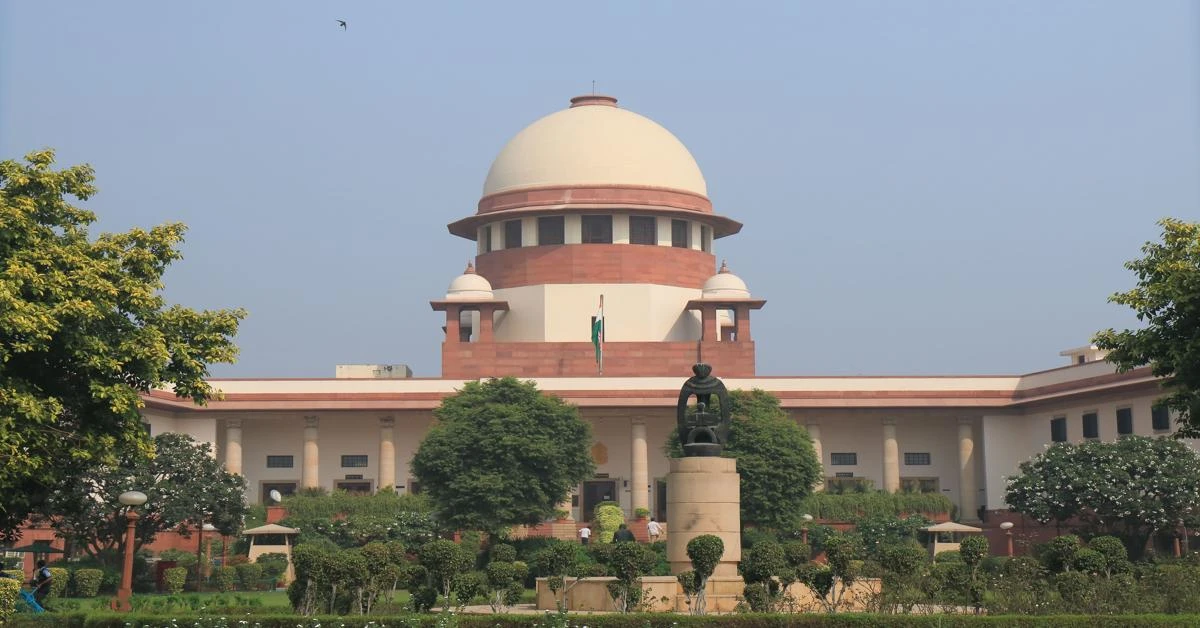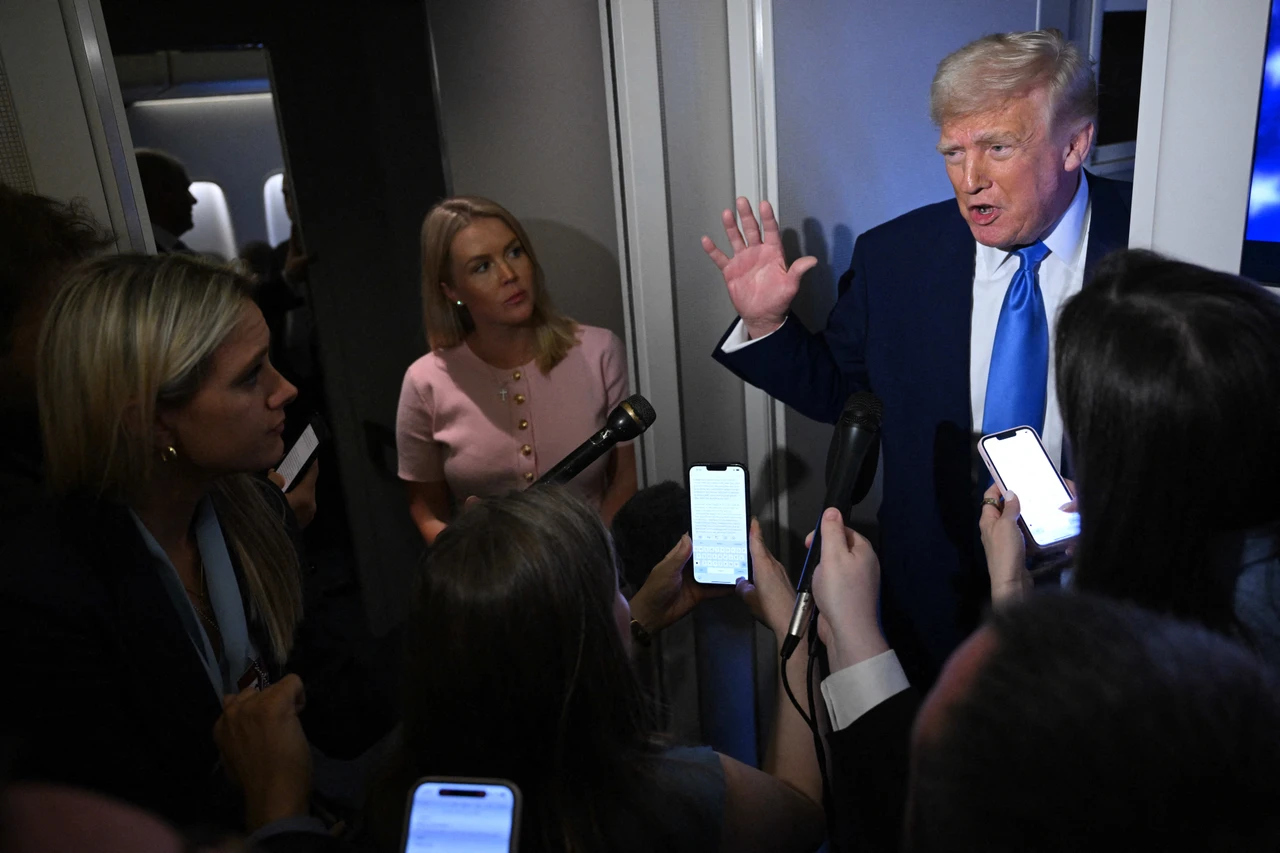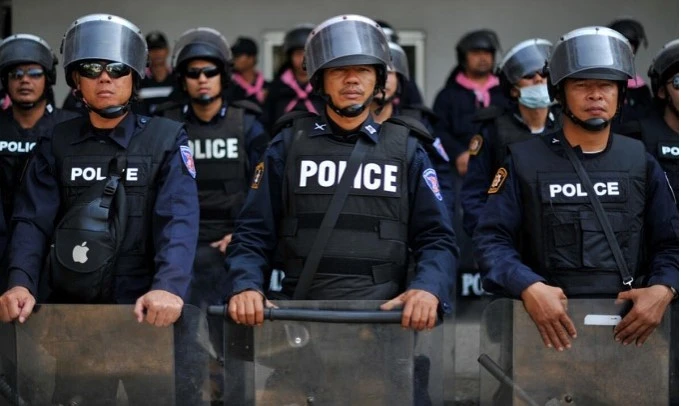India’s Supreme Court strikes down controversial electoral bonds

The State Bank of India was instructed by the Supreme Court to stop issuing electoral bonds and to provide the Election Commission with a list of all bonds that have been acquired following the Supreme Court’s interim judgment
The Supreme Court has abolished the seven-year-old “electoral bonds” system in India, which allowed people and businesses to make unlimited, anonymous donations to political parties.
Opponents and activists said that the election funding structure impeded the public’s right to know who finances political parties.
The Bharatiya Janata Party (BJP), led by Prime Minister Narendra Modi, is perceived to be negatively impacted by Thursday’s ruling. However, the party has benefited greatly from the system implemented in 2017.
Opposition politicians and a civil society organization contested the election finance method, arguing that it impeded the public’s right to know who had donated money to political parties.
Before this ruling, these bonds could be purchased by individuals and businesses under the scheme from the government-owned State Bank of India (SBI) and then donated to the political party of their choosing.
Chief Justice D. Y. Chandrachud led a five-judge panel of the Supreme Court that declared the arrangement “unconstitutional” and ordered the SBI to stop issuing these bonds.
Source: Newsroom



